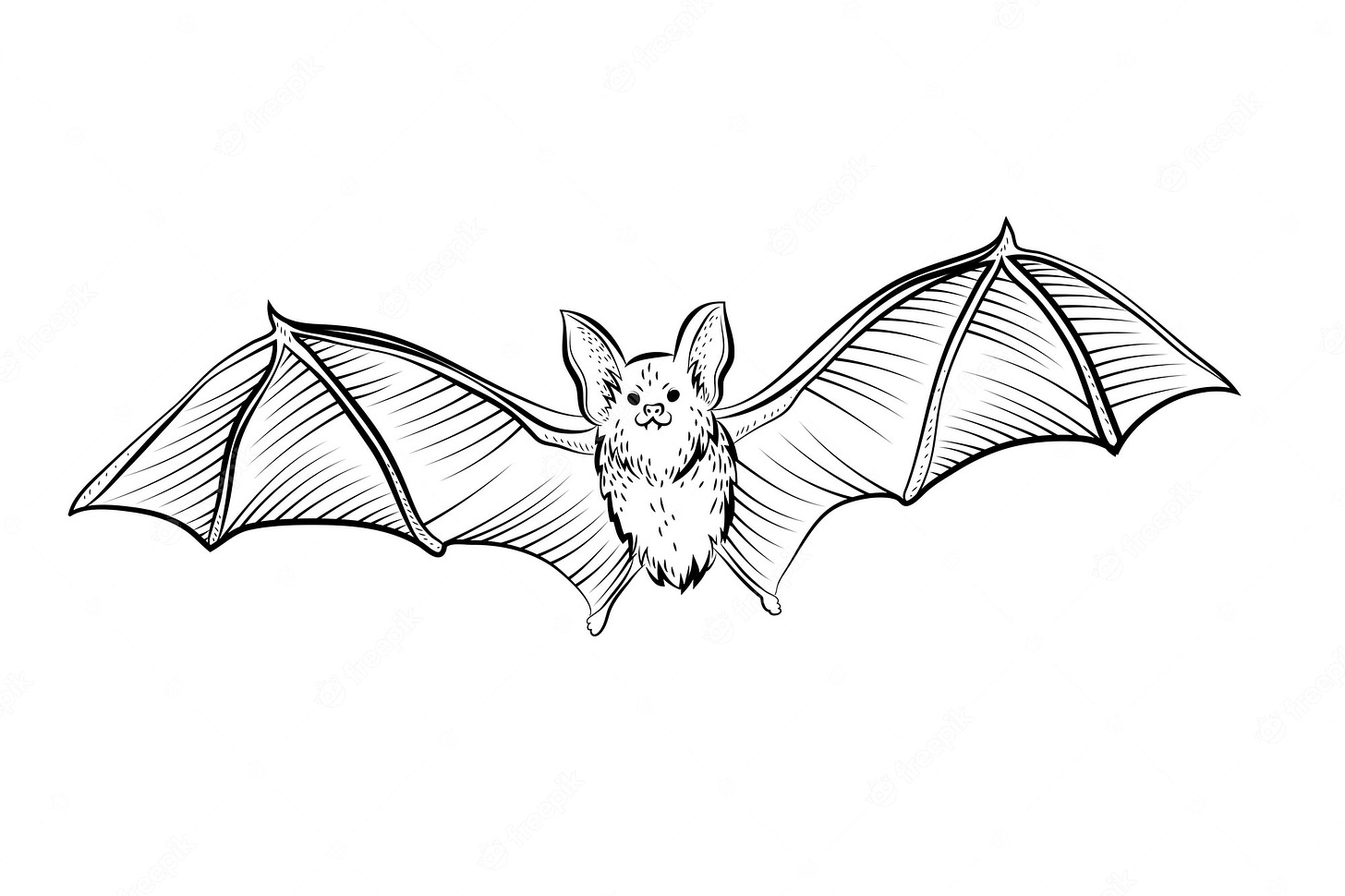Ecosystem Allies: Four (4) Animals with Vital Ecological Significance to Humans
Whenever there is a wildlife decline, we as humans see it as a distant problem that doesn’t pose a longstanding risk to us personally. Till it happens.
Advocating for animals is something that came naturally to me. Right from a young age, I knew what I wanted to be, although no one around me shared the same goal. Doing my masters in wildlife management and spending close to 5 years working very closely with some dangerous and docile animals made me realize how much we as humans depend on them. Even though it looks like it’s the other way around. If you know me, I have always been vocal about the need to conserve our wildlife conservation, even if it is protecting a turtle in the middle of a global afro festival (a story for another day). Today, I will be highlighting some of our vital obvious, and not-so-obvious allies for our survival.
1. Bees- Food production.
According to the FAO & Greenpeace, bees pollinate about 80% of our food crops.Pollination benefits nutrition; not just the production of fruits and vegetables but also in the variety and quality. In recent years, there have already gradual bee population declines in both the US and the UK, which are our top honey producers and other by-products we depend on. So fewer bees mean close to zero pollination, which leads to food insecurity,scarcity and then hunger and famine. Due to the Bee decline, farmers in China are already beginning to pollinate their orchards by hand.
2. Vultures- Healthcare System
The collapse of the vulture population during the mid-1990s in India clearly showed the financial costs of losing a species and its public health consequences. Vultures are scavengers that feed on carrion. They are fondly known as Nature’s Clean Up Crew and for the longest time, livestock farmers depended on these birds to get rid of the carrion. However due to the use of an inflammatory drug, Diclofenac on the cattle, the drug poisoned and killed the vulture population in India. This spiked the number of deserted carcasses, which in turn invited more feral dogs and rats thereby increasing the risk of transmitted diseases like rabies and anthrax in that district. Vultures might not look pretty but play major ecological roles that greatly improve the healthcare system of a place.

3. Coral Reefs- Human Security
Yes Corals are animals. The coral reefs are shallow water ecosystems made of calcium carbonated polyps. A widely known example is the Great Barrier Reef in Australia which is the largest reef in the world. Coral reefs protect vulnerable coastlines from tsunamis, floods and storms by breaking the strong ocean currents in order to avoid property damage. Reefs also play a role in providing livelihood for nearby fishermen as reefs are the “Nurseries of the Seas” offering homes to a quarter of the world’s marine species. Coral Reefs are known bear the brunt of our 3 main planetary crisis- biodiversity loss, climate emergency and rampant pollution.
4. Bats- Pest Control
They offer Insect Management Services in farmlands and even in residential homes. Years ago, at my family home in Lagos Nigeria, my sister and I were able to sit outside on our balcony after sunset without insects disturbing us. We had a tall mango tree that was home to a dozen of bats. I think I had one poop on me once. I also remember having geckos sitting near the balcony lights waiting for wandering moths or tiny insects nearby. Studies show bats have saved Chikmagalur’s agricultural landscapes from the use of pesticides. In addition states like Rajasthan legally protect these species because of their immense contribution to crop production and pest eradication. So their extinction means more insects cause havoc to crops in your farmlands and/or homes.
I’m sure there are many other examples I didn't mention. You can tell me some that you know of in the comments below.
While many animals are protected mainly for their aesthetic appeal, they also have important ecological roles they play in the background that bring a sort of balance to our life on Earth. Biodiversity loss can make life more difficult and inhabitable, weighing in on the other planetary crises we face daily.
I hope you enjoyed this as I enjoyed writing it and hope you learned something new. As always I will see you next month with another topic.
Till then, I’m rooting for you
Monica Fatogun
The Nature Nymph






Thank you Monica for enlightening us on the usefulness of bees, vultures and corals. We do actually depend on other species for our existence but seem not to give it any importance. We are destroying habitats for animals without thinking about the consequences. Please keep enlightening us.